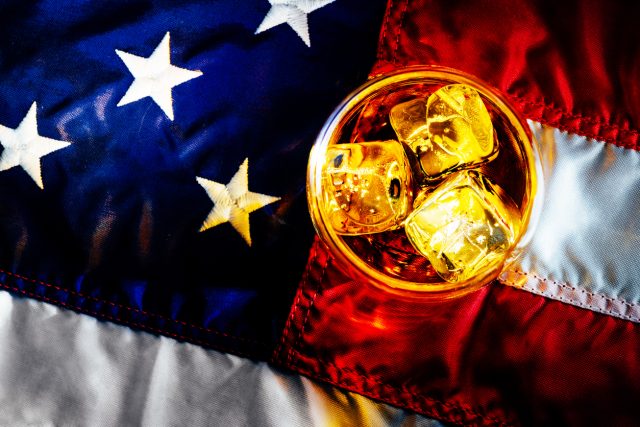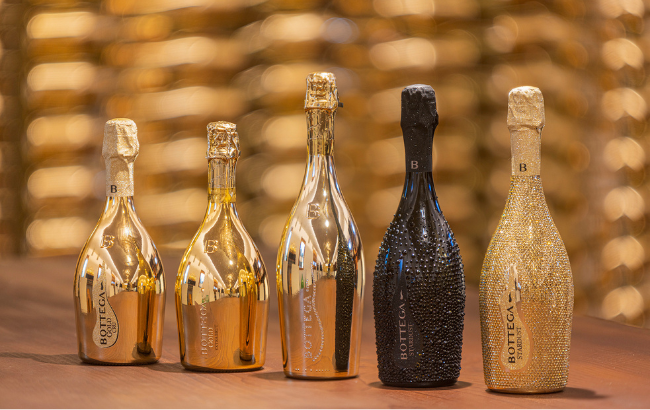Bourbon dodges the barrel: EU blinks in spirits stand-off
By James BayleyIn a dramatic turn in the transatlantic trade standoff, Brussels has removed Bourbon from its planned retaliation roster against US metal tariffs.

The EU’s final countermeasure list, unveiled this week, spares American whiskey following intense lobbying by France, Italy and Ireland to shield their own drinks industries from collateral damage.
European officials had initially proposed a 50% tariff on Bourbon in response to US tariffs on steel and aluminum. However, this move prompted a stern warning from President Donald Trump, who threatened a 200% tariff on European wines and spirits if Bourbon were targeted.
On March 13, 2025, Trump stated via Truth Social, “If this Tariff is not removed immediately, the US will shortly place a 200% Tariff on all WINES, CHAMPAGNES, & ALCOHOLIC PRODUCTS COMING OUT OF FRANCE AND OTHER E.U. REPRESENTED COUNTRIES.”
The threat caused immediate alarm in the wine-producing powerhouses of Europe. France’s FEVS (Fédération des Exportateurs de Vins & Spiritueux de France) warned that retaliatory action could cost the EU drinks sector up to €1.6 billion in lost exports, with French producers alone bearing roughly half the impact. FEVS president Gabriel Picard said in a statement: “This tariff clash only creates losers, both in Europe and the US… Our American counterparts, with whom we have worked for decades, are also conveying this message to the American authorities.”
Trade, not tit-for-tat
EU Trade Commissioner Maroš Šefčovič, addressing the press before the revised list was circulated to member states, said: “We are not in the business of tit-for-tat or penny for penny.”
Partner Content
He made clear that the Commission had taken into account the feedback of national governments, aiming for a more targeted list of goods less likely to provoke damaging counter-retaliation. This approach appears to have prevailed, despite internal EU debate. Germany’s economy minister, Robert Habeck, reportedly warned against allowing individual member states to carve out exemptions for niche sectors, saying: “If every country is counted individually, and we have a problem here with red wine and there with whiskey and pistachios, then it will all come to nothing.”
Distillers and diplomats exhale
On the other side of the Atlantic, the response from the American spirits industry was measured but clearly relieved. The Distilled Spirits Council of the United States (DISCUS), which had lobbied both the White House and EU officials, issued a formal statement via CEO Chris Swonger: “The US spirits sector has been the model of success for fair and reciprocal trade for decades.”
Swonger noted that when the EU imposed a 25% tariff on American whiskey in 2018, exports dropped by 20% — from $552 million in 2018 to $440 million in 2021. Following the suspension of tariffs, that number rebounded to $699 million by 2024.
Pragmatism prevails
Ireland, too, had reasons to urge caution. The country’s whiskey exports to the US totalled approximately €420–450 million in 2024, according to Bord Bia, and many producers rely on used bourbon barrels for maturation. Irish foreign minister Simon Harris publicly questioned “the strategic relevance” of targeting Bourbon, a view seemingly echoed in Brussels.
So, for now, barrels may continue to roll across the Atlantic unimpeded. The EU’s revised tariff list is expected to be approved by member states this week. Whether this détente extends beyond spirits remains to be seen. But in a geopolitical environment that has become far too comfortable with escalation, the decision to spare Bourbon feels — dare one say it — refreshingly measured.
Related news
Trump hikes China tariffs to 125% but lowers tax for rest of world
Seven talking points from Vinitaly 2025 (apart from tariffs)




